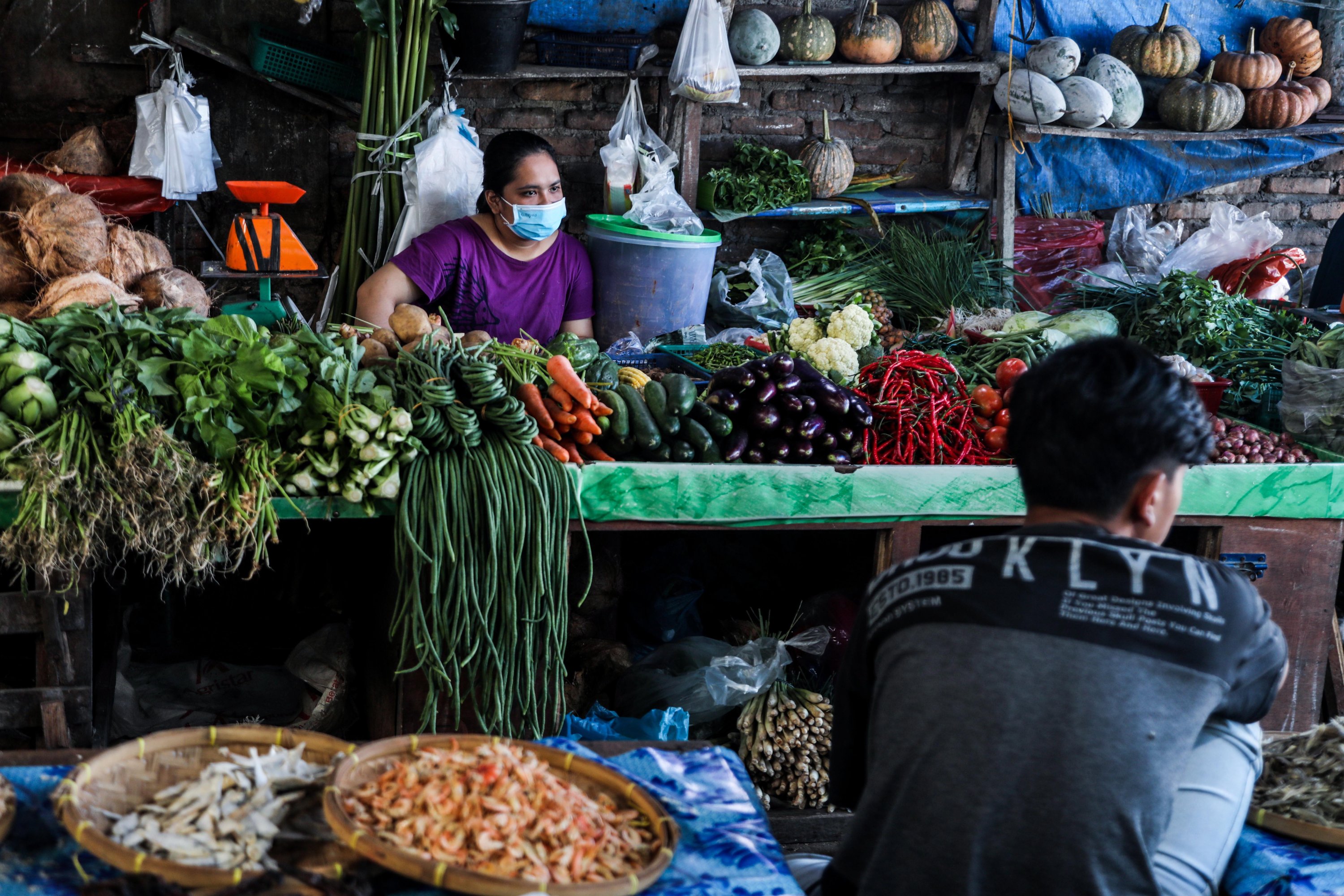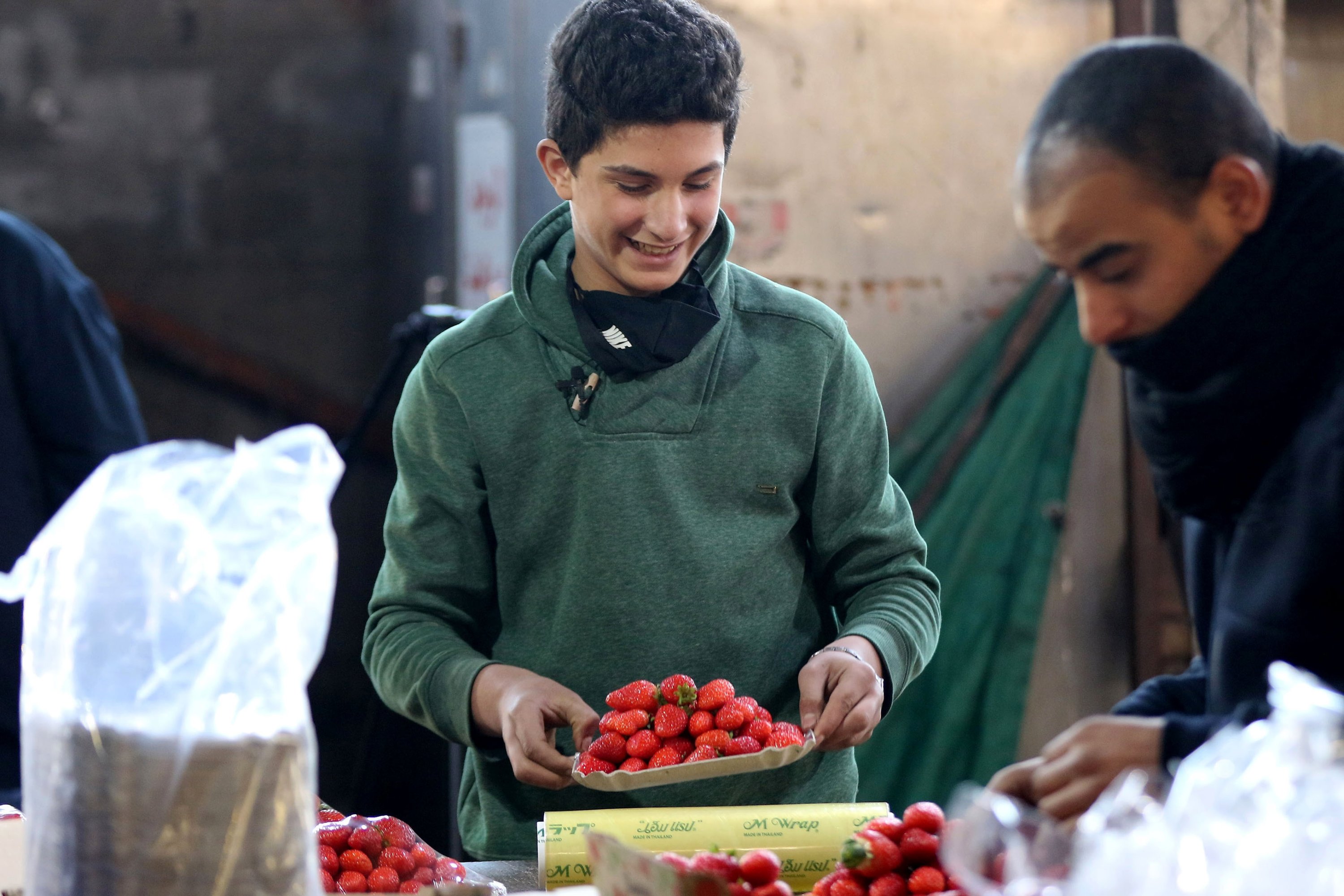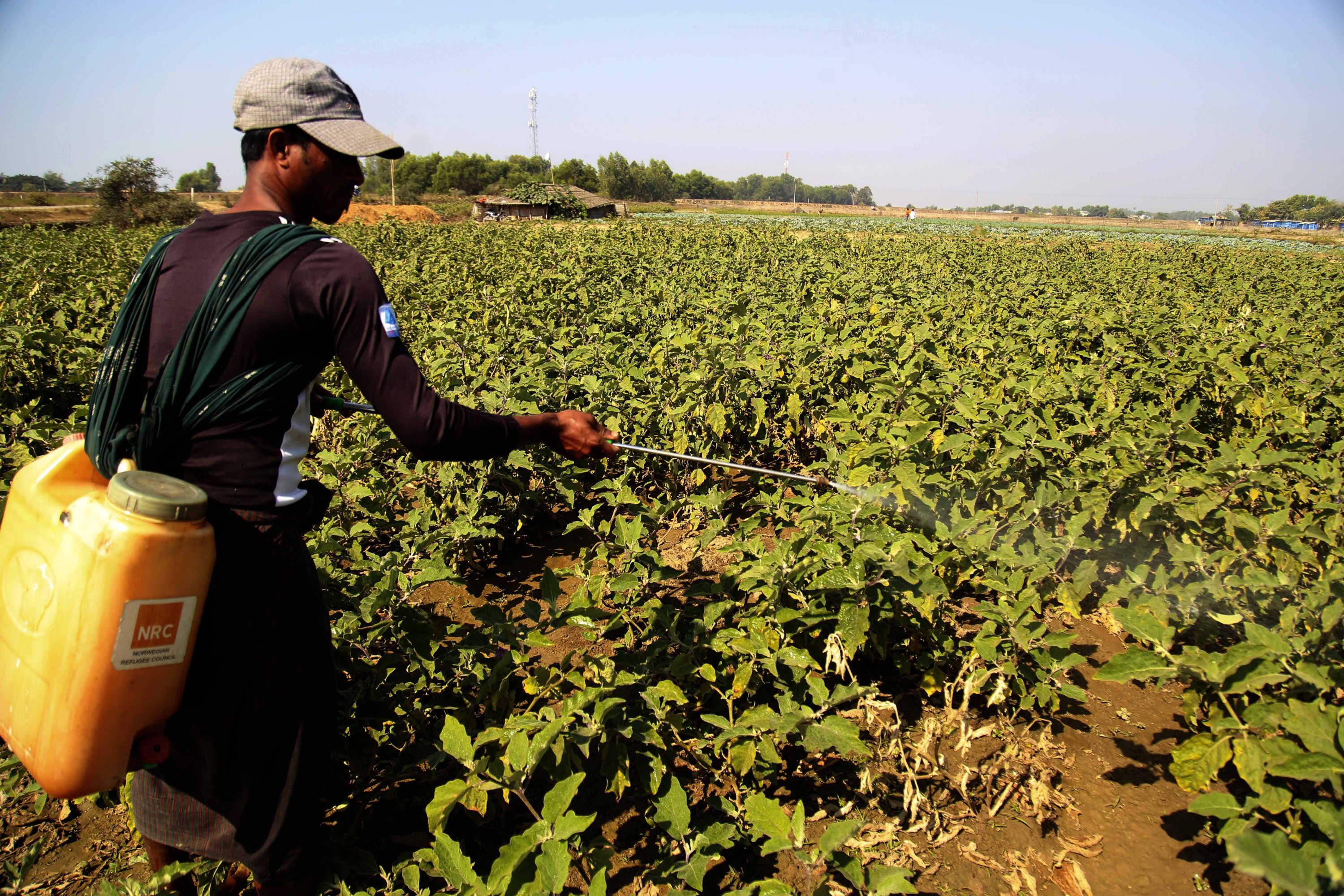© Turkuvaz Haberleşme ve Yayıncılık 2025
The world food system plays a major role in biodiversity loss, species extinction and climate change, and a shift to plant-based diets is necessary to resolve the crisis, according to a new report.
The report by think tank Chatham House published Wednesday with the United Nations Environment Programme (UNEP) says biodiversity, which is central to the well-being of humankind and the Earth, is deteriorating more rapidly than any other time in human history.
The global food system, including agriculture and cheap food production, is the main driver of the deterioration, the report said. The researchers found that agricultural practices threaten 86% of the 28,000 species at risk of extinction.
Low-cost food production creates a “vicious cycle,” raising the demand for cheap food, the researchers said. Low-cost food production employs harmful methods, such as overuse of fertilizers, pesticides, energy, land and water, and unsustainable farming methods such as monoculture and heavy tilling. Furthermore, increases in demand have led to intensified agriculture production that deteriorates soils and ecosystems further and results in less productive land that requires intense harmful methods.

“The more we drive food production, the cheaper food becomes, the more our diets become dominated by a smaller number of crops grown intensively and at a scale,” Tim Benton, Chatham House's research director in emerging risks, was quoted as saying in an email to CNN.
“As we grow more food, it becomes economically rational to waste it, overeat the calories and feed grain to livestock so we can eat more meat. Fueling demand further leads to the expectation that supply will grow and prices will fall, leading to more land conversion and more intensification,” Benton added.
The global food system also accounts for approximately 30% of human-produced emissions, driving climate change, the researchers found.
This finding squares with numerous studies published over the past decade. According to a study published in November by researchers in the U.S. and the U.K., if the global food system maintains its current trajectory, it will produce around 1.5 trillion tons of greenhouse gases over the next 80 years through agricultural practices, food production and waste. Switching to a plant-based diet around the world could reduce approximately 720 billion tons of greenhouse gases while using more carbon-efficient farming methods could slash emissions by 600 billion tons, the study found.

The Chatham House researchers said a global shift to a plant-based diet is vital to stem the loss of diversity by addressing the disproportionate impact of livestock farming on biodiversity, land use and the environment. For example, 100 grams of tofu requires one-seventy-fifth of the land used to produce 100 grams of beef, Benton said. Transitioning to a diet based on plant consumption would significantly reduce the land carbon footprint. This in turn would also reduce the need for land conversion and exploitation, minimizing threats to biodiversity and reducing emissions.
The researchers also stressed the importance of using farming methods that are environmentally friendly and support Earth’s biodiversity, such as limiting inputs and abandoning monoculture farming practices and switching to polyculture instead.

The threats to biodiversity are increasingly critical. The U.N. Convention on Biological Diversity warned last year that almost a third of Earth will need to be protected by 2030 and pollution cut by half to save our remaining wildlife.
“Biodiversity provides an enormous range of things upon which we depend in subtle and not so subtle ways. From the way soil microbes break down organic matter and build soil fertility, to natural enemies eating pests or pollinators enabling much of our fruit and veg supply; trees generating oxygen and sucking up carbon dioxide,” Benton explained.
A plant-rich diet has also been found to have health benefits. A 2019 study in the Journal of the American Medical Association (JAMA) found that people who adopted a plant-based diet were 23% less likely to develop Type 2 diabetes. A plant-based diet may also have the potential to prevent and treat dementia, while consumption of red meat has been linked to increased health problems, according to two more studies published in 2019.
